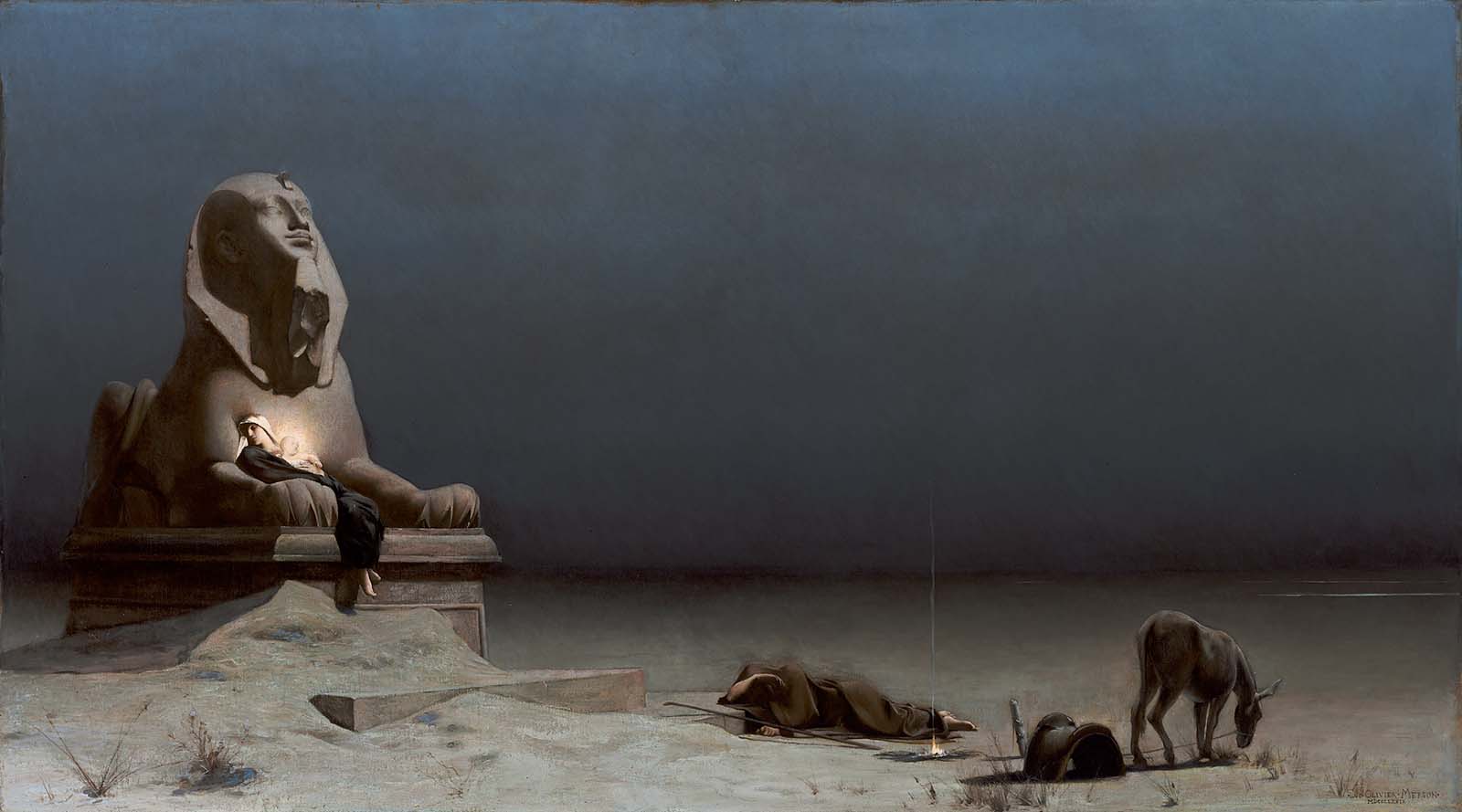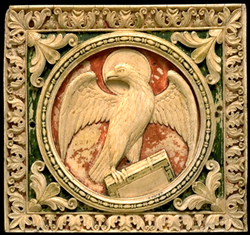In today’s Gospel we see that John the Baptist’s knows his part of the mission is concluding, since he has testified to the Son of God and baptized him. His mission is fulfilled because he has pointed the way to the reason for which the Lord called him to be a prophet: to prepare the way for Our Lord. He doesn’t point to himself, nor did he ever; today he points to Our Lord and two of his disciples not only begin to follow Our Lord, but introduce him to Simon Peter as well. These three disciples will become Our Lord’s apostles, sent out to the whole world to bring others to him.
In today’s First Reading John the Evangelist explains that when we are baptized (“begotten”) we take sides (and if you were baptized as a baby, your parents helped you take the right side: the winning one). We can choose the side of the Lord and his righteousness (a life of grace), or we can side with the Devil in rebellion and iniquity (a life of sin). In this struggle you must take a side. Both Johns remind us who the winner is: Our Lord, who by coming as the Lamb of God not only comes to take away the sins of the world, but to destroy the works of the Devil and reveal what keeps us faithful to God: a life not given over to sin.
Let’s look upon the Lamb of God today and ask him to show us what side we’re on. We can change sides, for better or for worse.
Readings: 1 John 3:7–10; Psalm 98:1, 7–9; John 1:35–42.




